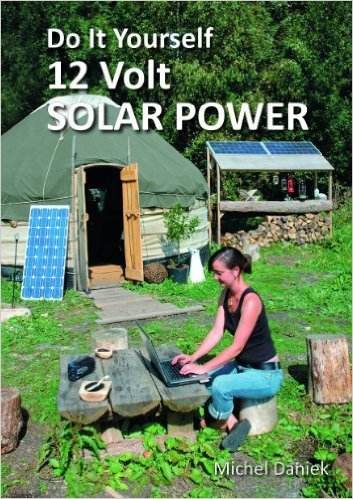
 1
1





 3
3




Seeking a long-term partner to establish forest garden. Keen to find that person and happy to just make some friends. http://www.permies.com/t/50938/singles/Male-Edinburgh-Scotland-seeks-soulmate
 1
1








 1
1












Joseph Yarbrough wrote:Thank you Frank! I would like to get a small system to use at my home in Sacramento so that I can familiarize myself with the workings and get my newbie status out of the way before I go off grid. I want something that meets all the sine wave, monitoring, etc.. cause I don't know what I'm talking about stuff. I could start real small for a aquaponics system I currently have running 24/7. It's a 1/2hp motor plus I have a 40w bug zapper, but I don't need that on it. May I please get a recommendation?
















Joseph Yarbrough wrote:@Frank. Thank you! I have just two more questions. I read somewhere something about ac output being cleaned up for more efficient consumption. I think it was called a sine wave "converter"? Do you know what I'm talking about and does the book cover this? And, I want to support USA manufacturing. Does the book cover this?





| I agree. Here's the link: http://stoves2.com |







